
In an era characterized by global interdependence and complex challenges, the traditional concept of small, sovereign states is increasingly proving insufficient. The rise of global issues such as climate change, economic interconnectivity, and transnational threats necessitates a reevaluation of the efficacy of small states. Let's delve into why small states are no longer entirely viable and argue in favor of large state entities, as exemplified by the European Union (EU), which wield power, enact efficient laws, and possess greater financial resources.
In an interconnected world, challenges transcend borders. Issues like climate change, pandemics, and terrorism demand collaborative efforts and coordinated responses. Small states, limited in resources and influence, struggle to address these issues effectively on their own. Large state entities, such as the EU, provide a platform for collective action, pooling resources, and expertise to confront shared challenges head-on.
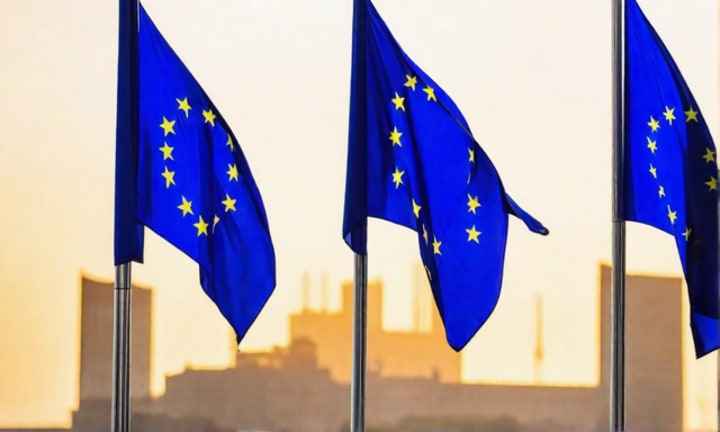
The modern economy thrives on global interconnectedness. Small states, with their limited domestic markets, struggle to compete in a world where economic success relies on diversification and global trade. Large state entities like the EU create a single market, fostering economic growth, innovation, and competitiveness. The EU's collective economic power amplifies its members' influence in negotiations and allows for more robust trade agreements on the global stage.
In the realm of geopolitics, small states face challenges in asserting their influence. Large state entities possess the political weight to navigate the complexities of international relations effectively. The EU, for instance, combines the diplomatic strength of its member states to play a pivotal role in shaping global policies, ensuring that the voices of its members are heard in international forums.
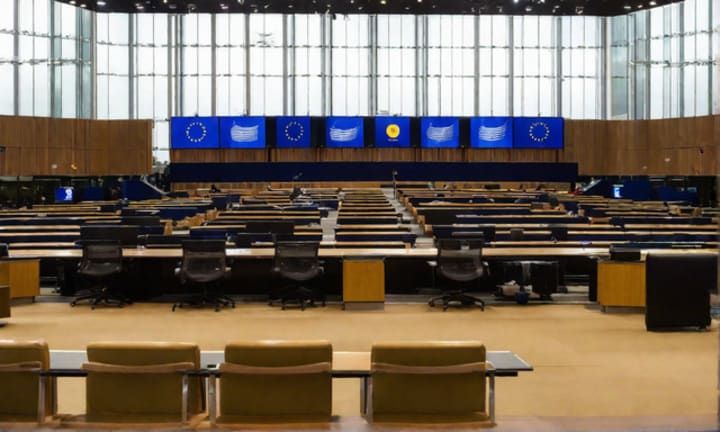
Small states often grapple with the need to create comprehensive legal frameworks to address complex issues. Large state entities can streamline and harmonize legal systems, making them more efficient and adaptable to changing circumstances. The EU, with its common legal framework, not only facilitates smoother cross-border interactions but also enables a more rapid response to emerging challenges.
Limited resources constrain small states' ability to invest in critical infrastructure, research, and development. Large state entities like the EU benefit from a more extensive resource pool, allowing for substantial investments in innovation, education, and social programs. This not only enhances the overall well-being of citizens but also creates an environment conducive to attracting talent and fostering economic growth.
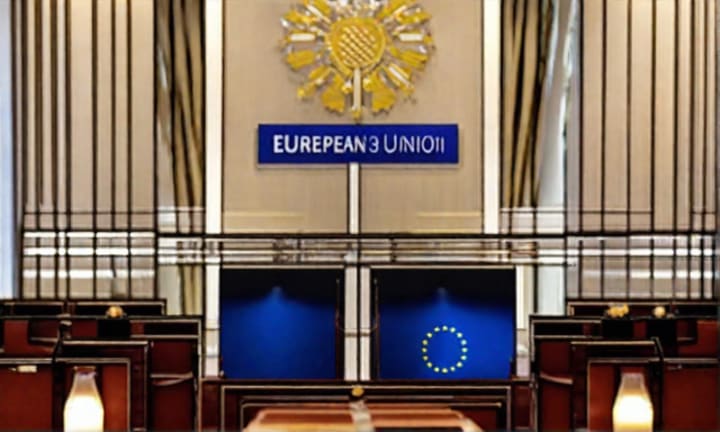
While recognizing the importance of preserving cultural identity, large state entities like the EU demonstrate that unity does not necessitate homogeneity. The EU celebrates its members' diversity while fostering a sense of collective identity. This unity strengthens the EU's position on the global stage, showcasing the power of collaboration without eroding the unique cultural fabric of its member states.
In an era where security threats are increasingly complex and transnational, small states often find it challenging to ensure their security independently. Large state entities can pool military resources, expertise, and intelligence, creating a more formidable defense posture. The EU's commitment to security and defense cooperation exemplifies how the collective efforts can enhance the safety and stability of its member states.
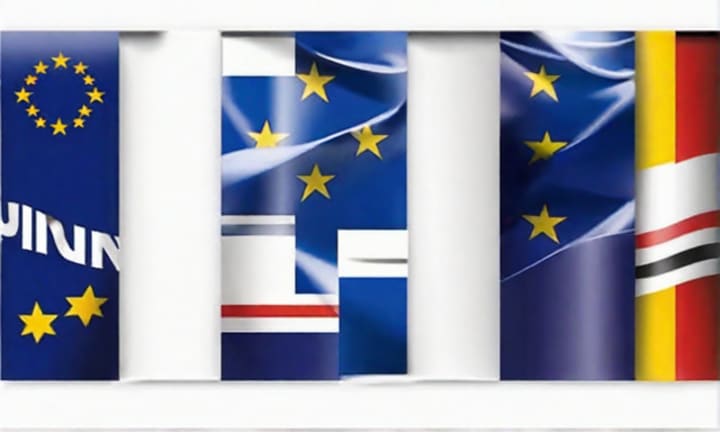
The dynamics of the modern world underscore the limitations of small states in effectively addressing global challenges. As we navigate an era characterized by interdependence and complexity, large state entities like the European Union emerge as essential pillars of stability, wielding political influence, efficient laws, and significant financial resources. The success of the EU serves as a testament to the viability and strength of large state entities in navigating the complexities of the contemporary geopolitical landscape. Embracing this shift towards collaboration and unity is imperative for ensuring a prosperous and secure future for nations across the globe.


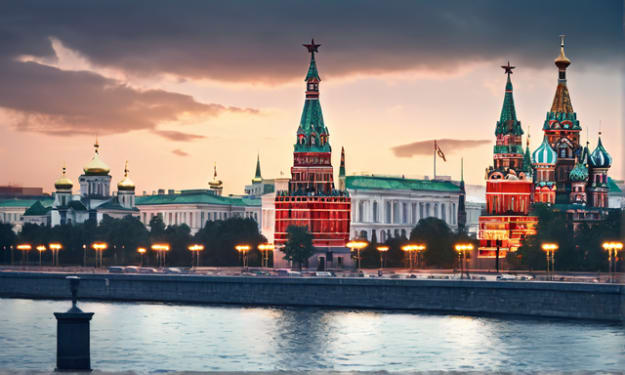



Comments
There are no comments for this story
Be the first to respond and start the conversation.